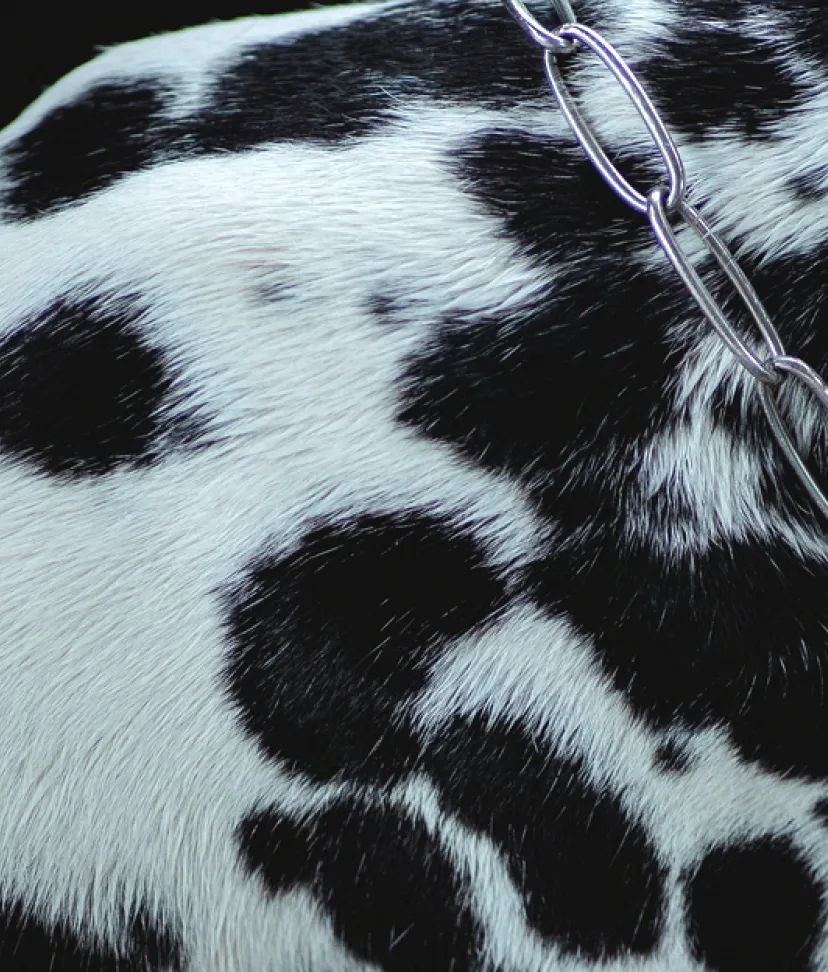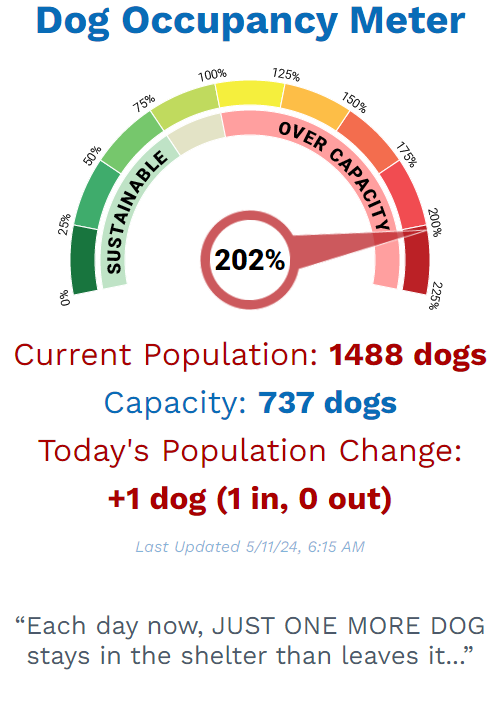
Chained Dog/Tethering Laws
In August 2005, once again ahead of the animal welfare curve, Los Angeles was one of the first cities in California to pass a law limiting the chaining of animals by duration.
Know the Law
Under the law (LAMC 53.70), dog owners who tie up their animals for long periods of time or deny them the proper level of water and shade face stiff financial penalties. The State of California soon followed suit introducing a similar law for approval by the State Legislature in late 2006.
On January 1, 2007, California became first state in the nation to pass a law to limit the chaining and tethering of dogs. SB 1578, otherwise known as the tethering law, makes it illegal to tether, fasten, chain, tie or restrain a dog to a doghouse, tree fence or any other stationary object for more than three hours in a 24-hour period. This law works in conjunction with California Penal Code section 597t which states that confined animals must have access to food, water and shelter.
Violation of the new law could result in an infraction or misdemeanor punishable by a fine not to exceed $1,000 per dog and/or six months in county jail.
Both laws target dogs that live their lives neglected at the end of a chain. Dogs are social animals that need human interaction and exercise to lead happy lives. Chained dogs suffer from intense boredom and anxiety and can become aggressive. They also feel trapped and unable to escape from noises and/or people or animals that frighten them. A Centers for Disease Control (CDC) study found that chained dogs are 2.8 times more likely to bite. In addition, tethered dogs can become entangled with other objects leading to the choking or strangulation of the animal. In severe cases, they also may develop deep scars or dangerous infections if their collar becomes imbedded in their necks as a result of long-term tethering. In 1996, the US Department of Agriculture (USDA) issued a statement in the July Federal Register that stated, “Our experience in enforcing the Animal Welfare Act has led us to conclude that the continuous confinement of dogs by tether is inhumane.”
There are some exceptions to the new California law that allow for a dog’s leash to be attached to a pulley line or a trolley run which allows a dog to move in a larger area, as long as the dog is not tethered by means of a choke collar or pinch collar. Dogs may also be tethered on campgrounds or in recreational areas; as part of conduct that is directly related to the business of shepherding, herding or cultivating agricultural products if the restraint is reasonably necessary to keep the animal safe; or in instances where short-term tethering is necessary for the completion of a temporary task that requires the dog to be restrained.
Click here to read Los Angeles’ Anti-tethering law-LAMC 53.70


















